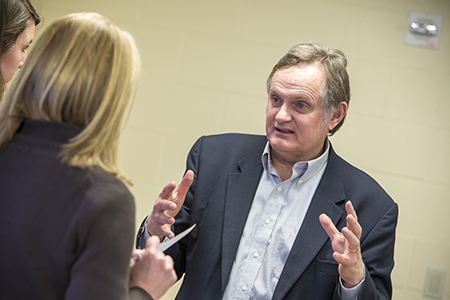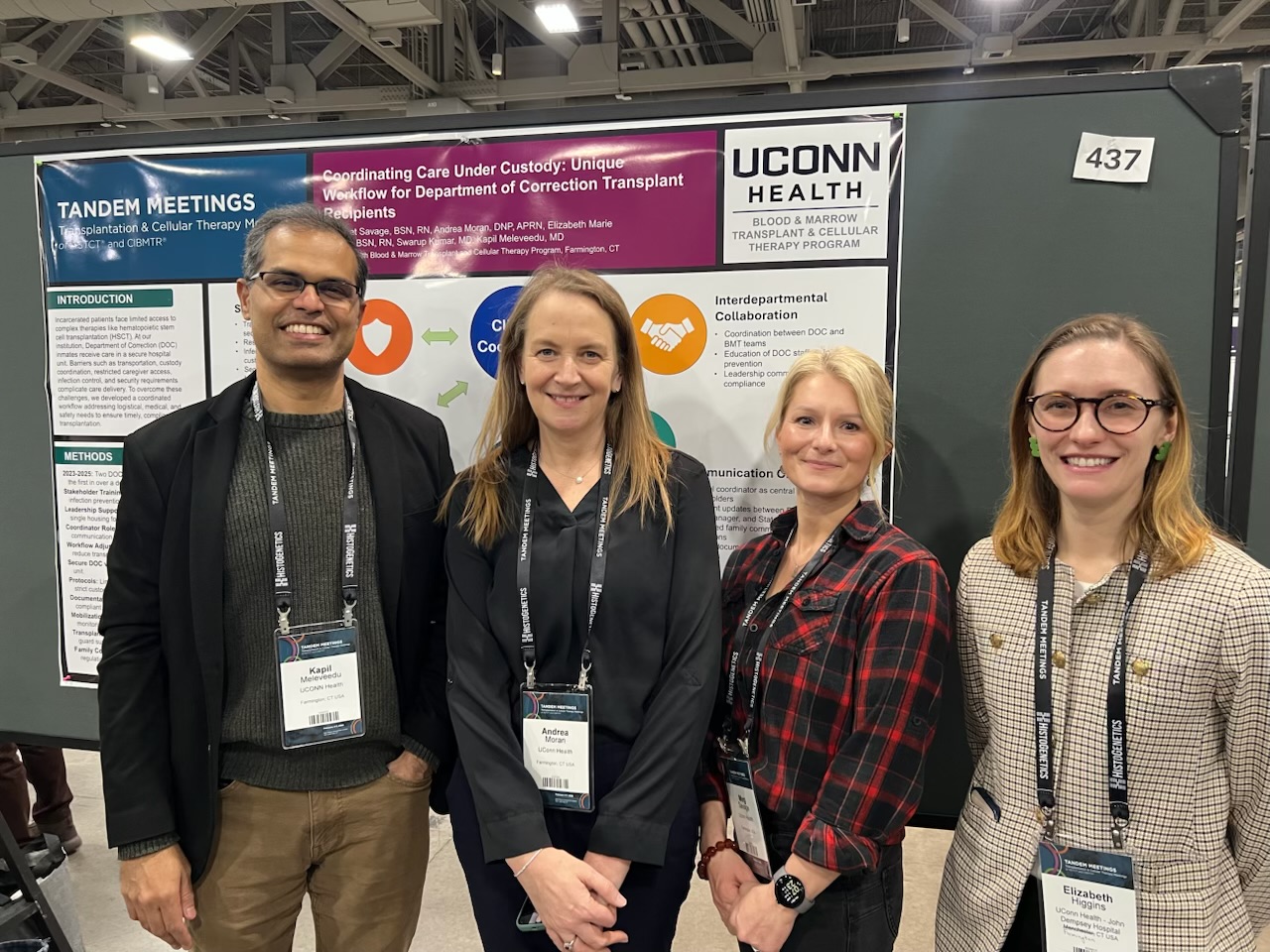A team of Neag School of Education researchers is developing a new initiative designed to help educators overcome language barriers to identify gifted students among English learners.
Project EAGLE (Eliciting Advanced Gifted Learning Evidence) is one of several gifted education grants at UConn, including the National Center for Research on Gifted Education (NCRGE), that address inequity in schools. Del Siegle, the Center’s director and the Lynn and Ray Neag Endowed Chair for Talent Development, says that English learners are 25 to 50% more unlikely to be identified as gifted learners. As a result, they are badly underrepresented in programs designed to challenge them and provide the appropriate curriculum and instruction.
“English learners are the fastest growing populations in the United States right now and they’re one of the most underserved, along with children living in poverty,” Siegle says. “These students have brilliant minds, but they get discredited as gifted because they happen to speak a different language.”
According to Siegle, assessment measures such as IQ and achievement tests have not been effective in identifying broad ranges of gifted learners across diverse populations. As a result, students are not receiving the enrichment required to elevate their learning.

Siegle, Neag educational psychology professor D. Betsy McCoach, and postdoctoral researcher Susan Dulong Langley intend to make progress. They are developing a dynamic approach to identify gifted behaviors. The U.S. Department of Education is funding the initiative through a $2.9 million grant, courtesy of the Jacob K. Javits Gifted and Talented Students Education program.
Project EAGLE will be implemented over a five-year period. It will integrate an observation checklist, problem-based learning activities, and teacher prompts that will assist educators in identifying gifted math students in the 3rd and 4th grades. The checklists will help teachers and specialists to understand how talent manifests in young students.
The program will initially work through a checklist developed in Project BUMP UP (Building Up Mathematics Proficiency Utilizing Push-in), another successful NCRGE grant. Activities will explore areas such as number sense and operations, algebraic thinking, ratios, geometry, and measurement and analysis.
During the second year, the project will provide professional learning for teachers in Connecticut, Massachusetts, and Rhode Island to train them on field testing the approach to identify gifted students. The researchers will further test and validate the process through a 10-school, 30-teacher pilot program in the third year of implementation.
Project EAGLE will scale up significantly in the fourth and fifth years. Researchers will implement a training model to apply the approach in three states with large populations of English language learners – Arizona, Colorado, and Texas. UConn will instruct trainers from the respective states to conduct educator workshops and train their peers.
Eventually, the researchers hope that at least 1,500 teachers will be trained through the process, with an overall reach of more than 6,000 students. The research team will release their findings during the final year of implementation.
Siegle hopes that Project EAGLE will result in a significant increase of English language learners recognized as gifted and educated accordingly. In addition, he thinks the approach will help educators recognize talent in other underrepresented populations, such as Black and Latinx students.
The funding for Project EAGLE, along with the NCRGE, continues remarkable success, in gifted education research at UConn that networks with universities from coast to coast. Through various grants, the initiatives have received over $16 million in funding in recent years.



